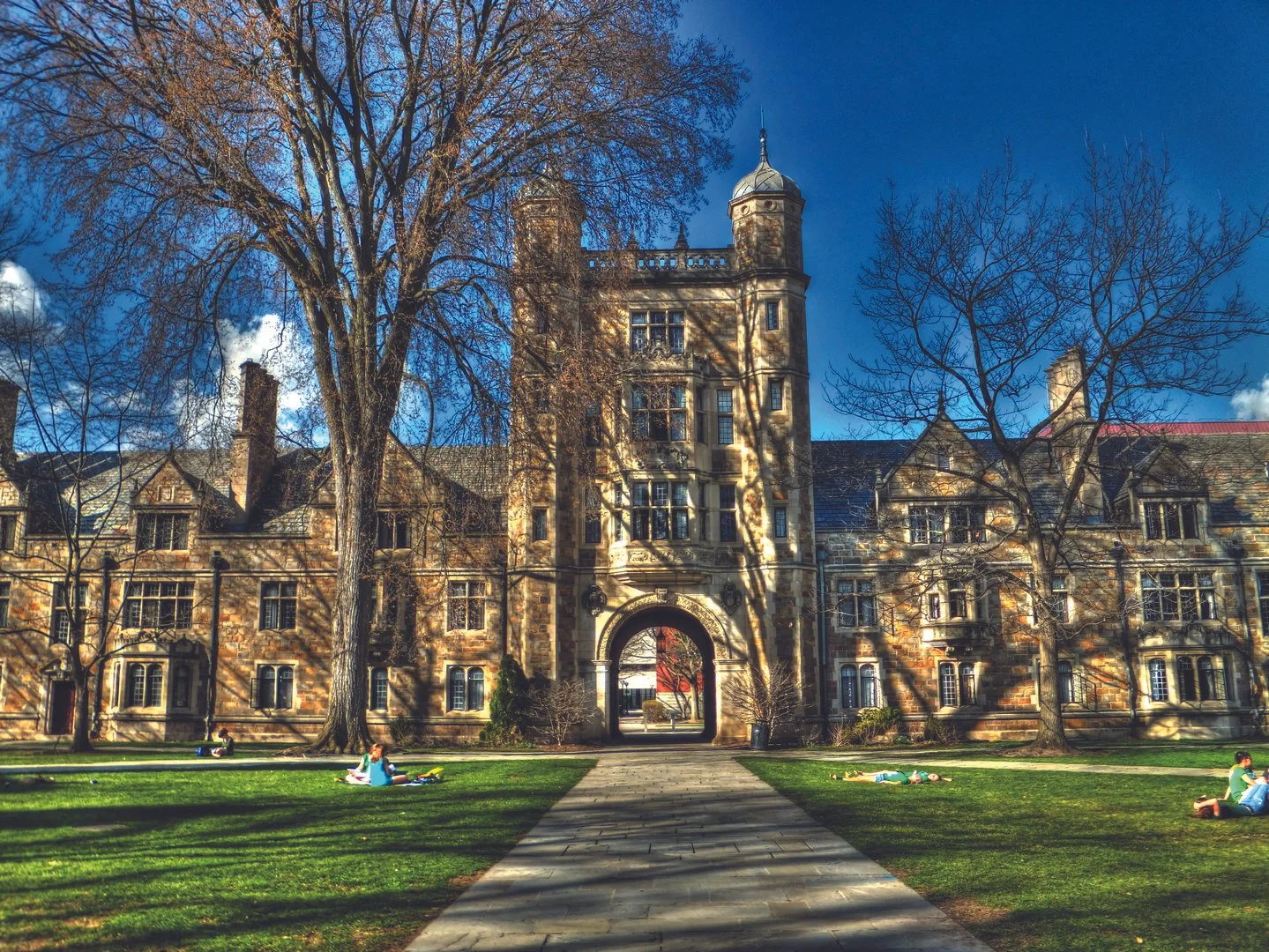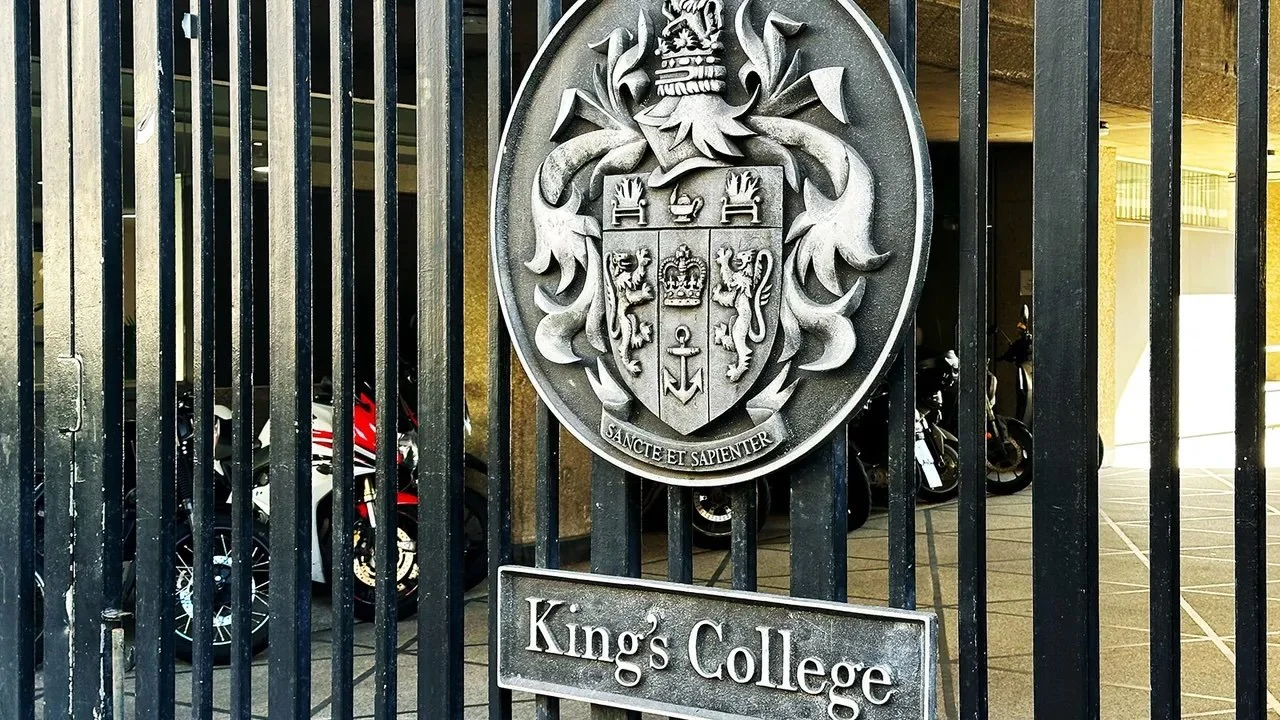Photo Credit: Getty Images
8/15/25
Town & Country’s Nicole LaPorte looks to LogicPrep Founder & CEO Lindsay to provide her expert insights on the unprecedented changes in college admissions this year.
How to Preserve Your Well-Being When Applying for College
INKL’s Lena Muhtadi Borrelli interviews Lindsay Tanne Howe to provide her expert strategies on preserving students’ and families’ well-being during the college application journey.
LogicPrep's 2025-2026 Early Acceptances
In the 2025-26 college application cycle, early admissions remains as competitive as ever, and once again, the process continues to move earlier and earlier. LogicPrep advisors helped students determine not only where to apply early, but how and why - approaching early rounds with clarity, confidence, and a genuine competitive edge.
Future-Proofing the Next Generation Through Strategic Education Planning
In Family Office Magazine, Lindsay Tanne Howe explores how to “future-proof” the next generation, emphasizing adaptability, curiosity, and core values. She shares thoughtful, actionable, advice for parents of elementary through high school-aged children as families grapple with the pervasiveness of AI, an increasingly uncertain and competitive job market, and questions about the long-term ROI of a liberal arts education.
How to Apply and Stand Out in Direct Admit Business Programs
Students seeking to guarantee their spot in an undergraduate business program must apply for “direct admit” programs. Learn what it means to apply as a “direct admit” student, who business programs are looking for, and how to stand out in a competitive pool. Plus, we examine the admissions policies of some of the most popular direct admit programs among LogicPrep students.
How Important Are SAT and ACT Scores in College Admissions?
Sarah Wood of U.S. News & World Report turns to Lindsay’s expertise in standardized testing - and when to send scores to test-optional colleges.
Photo Credit: Getty Images
How European Universities Are Expanding Global Mobility for U.S. Families
In WealthManagement.com, Lindsay unveils why more American families are are looking abroad for higher education opportunities, how European universities are adapting, and what U.S. students can expect from these programs.
Photo Credit: PETER DAZELEY/GETTY IMAGES NEWS/GETTY IMAGES
What Families Need to Know About College Admissions
Lindsay Tanne Howe discusses how high-net worth families can approach the college admissions process strategically, with broader considerations around global mobility, long-term planning, and family enterprise at the center.
Eye on Small Business: LogicPrep
Westfair Business Journal’s Jeremy Wayne features LogicPrep and our newly opened office in Greenwich, CT.
Simply the Best: 2025 Women in Business
Lindsay has been named a 914INC 2025 Women in Business Honoree for her remarkable achievements and entrepreneurial vision as an inspiring leader in Westchester County!
LogicPrep at NACAC 2025: Key Takeaways for Families
LogicPrep once again participated in the largest college admission counseling conference of the year: NACAC 2025. Learn this year’s major themes and insights.
Befuddled by college prep? Lindsay Tanne Howe has some answers
Georgette Gouveia from the Westfair Business Journal interviews Lindsay on navigating the admissions process. Read her advice here.
6 Questions Every Family Should Ask Before Starting the College Admissions Process
Curious about what you can do now to set your child up for long-term success?
Check out Lindsay's featured editorial in Greenwich Moms, a must-read for parents of kids from elementary to high school! Lindsay shares six key questions every parent should ask now — to improve student outcomes and create peace of mind for the whole family.
The Best College Admissions Counselors
Norman Vanamee and Town & Country featured LogicPrep in their Best College Admissions Counselors list.
Photo Credit: Getty Images
All About Canadian Universities
Canada might not be the first destination students looking to study internationally might think of, but with its world-class universities and simple application process, we believe it should be! Here’s everything you need to know about applying to Canadian Universities.
New 529 Plan Flexibility Allows Strategic Planning for Tutoring and Test Prep
Under the current administration’s One Big Beautiful Bill Act, families can now use 529 plans beyond college tuition and room & board to cover K-12 educational expenses, including tutoring services and test prep for the SAT, ACT, and AP exams.
Designing After-School Time with the Future in Mind
In ParentCo., Lindsay dives into how after-school time plays a crucial role in shaping a child’s academic and personal development, starting as early as elementary school. These unstructured or semi-structured hours allow kids to explore who they are, develop passions, build confidence, and practice important life skills like collaboration, resilience, and problem-solving.
Photo Credit: ParentCo.
Behind the Scenes of an Extremely Complicated Year in College Admissions
Photo Credit: Getty Images
Town & Country’s Nicole LaPorte looks to LogicPrep Founder & CEO Lindsay to provide her expert insights on the complicated year of college admissions.
How to Build A Balanced College List
A thoughtful, balanced college list is essential to a successful college application process. College Advisor Angela shares how to build a mix of reach, target, and likely schools to increase your chances of having great choices come spring.
College Admissions Questions That Keep HNW Families Awake at Night
Lindsay’s recent article in Family Wealth Report addresses some key questions families face during the college admissions experience. The article covers topics many families are grappling with —from managing the stress of the process to navigating college choices with purpose.
The Power of Early Decision and When to Pursue it
As Early Decision has become more widespread, so has the mania over whether and where to apply ED. So how do you know whether this strategic admissions plan is right for you? Laura breaks down advantages, disadvantages and explains the variations and overall rationale behind it.




















